Thi Huyen Nguyen
Evaluation of group fairness measures in student performance prediction problems
Aug 22, 2022
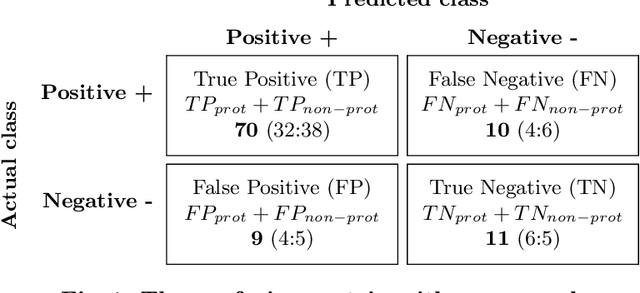
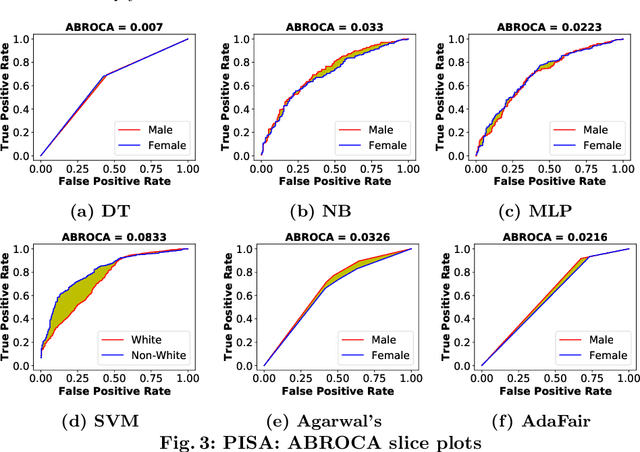
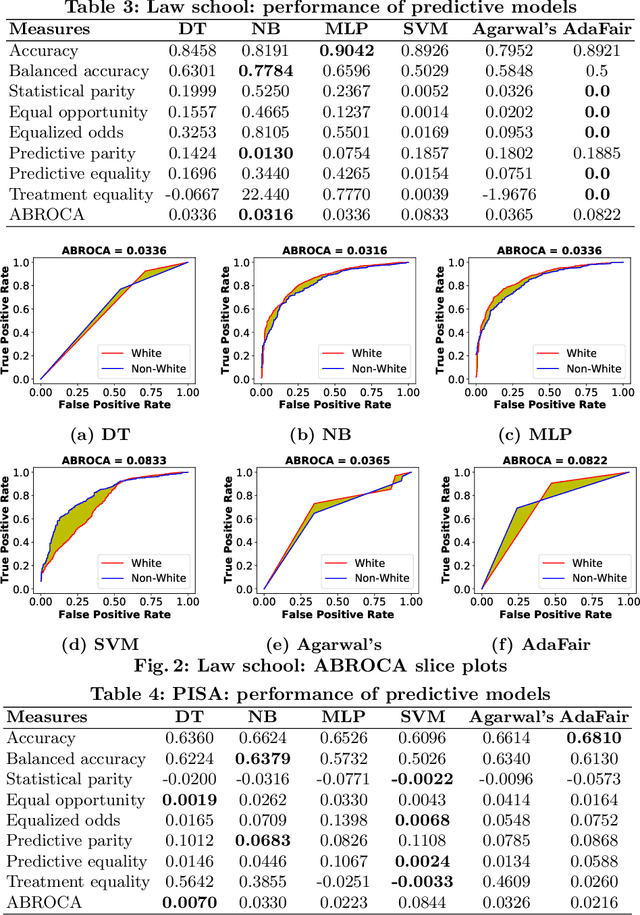
Abstract:Predicting students' academic performance is one of the key tasks of educational data mining (EDM). Traditionally, the high forecasting quality of such models was deemed critical. More recently, the issues of fairness and discrimination w.r.t. protected attributes, such as gender or race, have gained attention. Although there are several fairness-aware learning approaches in EDM, a comparative evaluation of these measures is still missing. In this paper, we evaluate different group fairness measures for student performance prediction problems on various educational datasets and fairness-aware learning models. Our study shows that the choice of the fairness measure is important, likewise for the choice of the grade threshold.
On the Feasibility of Predicting Questions being Forgotten in Stack Overflow
Oct 29, 2021
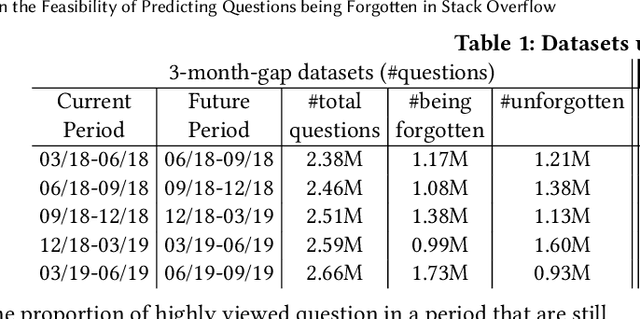
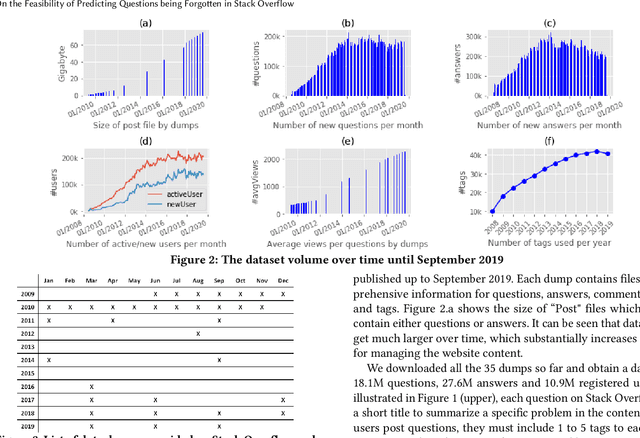

Abstract:For their attractiveness, comprehensiveness and dynamic coverage of relevant topics, community-based question answering sites such as Stack Overflow heavily rely on the engagement of their communities: Questions on new technologies, technology features as well as technology versions come up and have to be answered as technology evolves (and as community members gather experience with it). At the same time, other questions cease in importance over time, finally becoming irrelevant to users. Beyond filtering low-quality questions, "forgetting" questions, which have become redundant, is an important step for keeping the Stack Overflow content concise and useful. In this work, we study this managed forgetting task for Stack Overflow. Our work is based on data from more than a decade (2008 - 2019) - covering 18.1M questions, that are made publicly available by the site itself. For establishing a deeper understanding, we first analyze and characterize the set of questions about to be forgotten, i.e., questions that get a considerable number of views in the current period but become unattractive in the near future. Subsequently, we examine the capability of a wide range of features in predicting such forgotten questions in different categories. We find some categories in which those questions are more predictable. We also discover that the text-based features are surprisingly not helpful in this prediction task, while the meta information is much more predictive.
 Add to Chrome
Add to Chrome Add to Firefox
Add to Firefox Add to Edge
Add to Edge